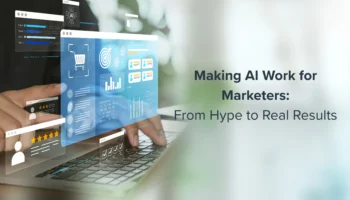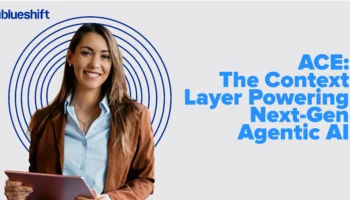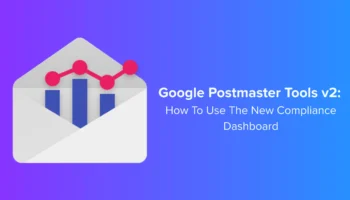This article originally appeared on Forbes.
There’s no denying that artificial intelligence is rapidly moving from fiction to reality. In marketing, especially, interest in AI has intensified as marketers have realized the potential that intelligently harnessing the ever-growing streams of customer data has on transforming customer experiences.
AI has become increasingly important not only to marketers but to organizations as a whole in order to stay ahead in today’s dynamic market landscape. According to a recent MIT global survey of 600 executives, nine out of ten companies already use AI to improve their customer journeys. More importantly, 70% of those companies have seen it directly improve revenue. Netflix has projected that its AI-powered personalized recommendations save it $1B in revenue annually by avoiding canceled subscriptions through engaging customers with relevant content.
Fueling AI’s adoption has been marketers demanding to see — and receiving — proof that AI delivers what it promises. Early adopters have shown how AI in marketing makes them more efficient, productive, and effective by simplifying, accelerating, and scaling marketing initiatives while removing many complexities inherent in marketing today. Similarly, our recent benchmark analysis of 3.8B marketing interactions across channels and verticals found that AI-powered marketing campaigns increase customer engagement by 7x and revenue 3x by helping marketers be more targeted, more relevant in their content, and more effective with how they engage each individual customer.
Now, as we step into 2019, here are five predictions for what the year holds for AI in marketing.



